Home>Articles>How Long Is Breast Milk Good For In The Refrigerator
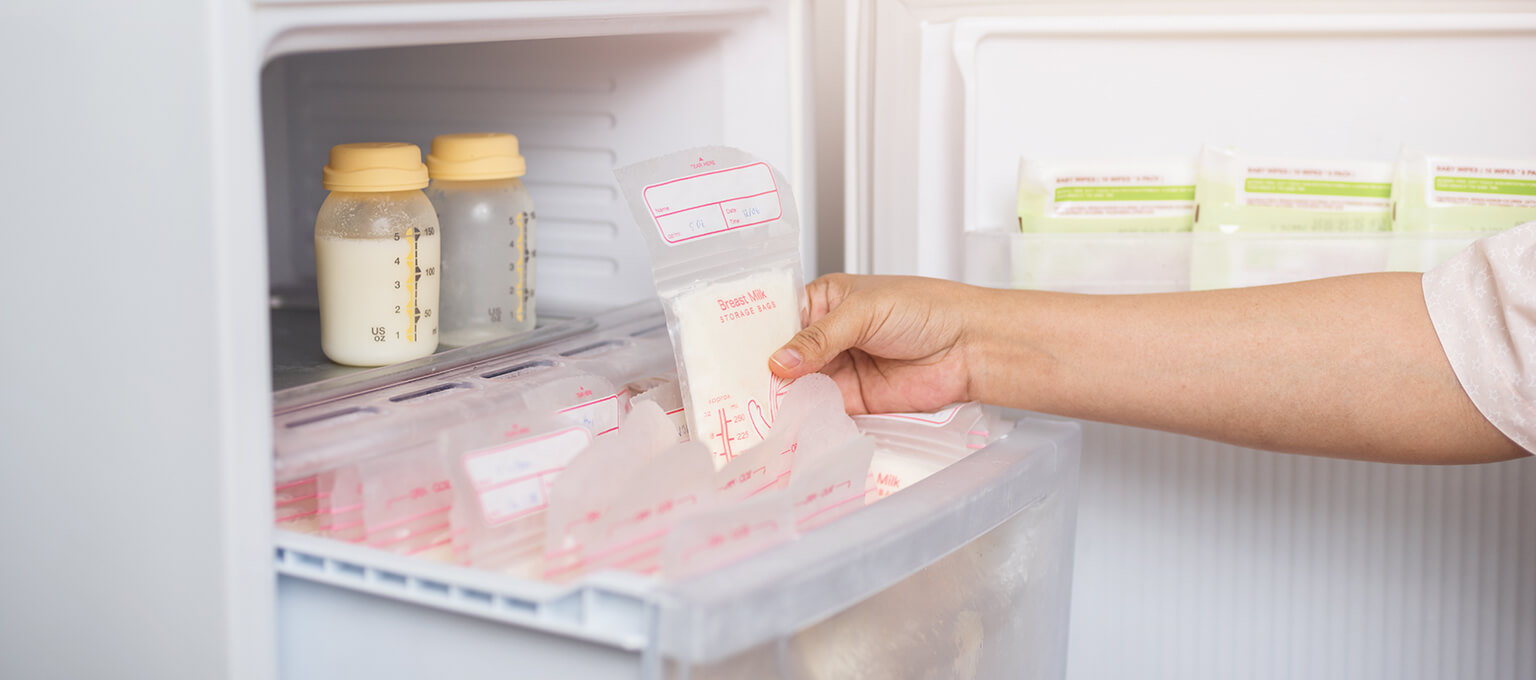

Articles
How Long Is Breast Milk Good For In The Refrigerator
Modified: October 20, 2024
Discover the shelf life of breast milk in the refrigerator. Read our informative articles to learn how long breast milk remains fresh and safe for your baby.
(Many of the links in this article redirect to a specific reviewed product. Your purchase of these products through affiliate links helps to generate commission for Storables.com, at no extra cost. Learn more)
Introduction
When it comes to providing nourishment for your baby, nothing compares to the benefits of breast milk. Not only does breast milk contain all the essential nutrients your baby needs, but it also helps strengthen their immune system and promotes healthy development. As a busy mother, you might find it necessary to pump and store your breast milk for later use, whether it’s for a day at work or to have a supply on hand for emergencies.
However, it is crucial to understand how to properly store your breast milk to ensure its safety and nutritional value. This article will guide you through everything you need to know about storing breast milk in the refrigerator. From optimal temperatures to shelf life and signs of spoilage, we’ll cover it all.
Key Takeaways:
- Proper storage of breast milk in the refrigerator is crucial for maintaining its nutritional value and safety, ensuring your baby receives the best nutrition possible.
- Following recommended guidelines, monitoring for spoilage signs, and using stored breast milk within recommended timeframes are essential for providing safe and nutritious milk for your baby’s optimal growth and development.
Read more: How Long Is Breast Milk Good In Deep Freezer
Storing Breast Milk
Storing breast milk correctly is essential to maintain its quality and preserve its nutritional benefits. Follow these guidelines to ensure the safety of your stored breast milk:
- Use clean containers: Always use bottles or storage bags specifically designed for breast milk. Make sure to wash them thoroughly before each use.
- Label and date: Clearly label each container with the date the milk was expressed. This will help you keep track of the freshness of the milk.
- Small portions: It’s best to store breast milk in small portions (2 to 4 ounces), as this allows you to thaw only what you need.
- Proper sealing: Ensure that the containers are tightly sealed to prevent any leakage or contamination.
- Freeze before expiration date: If you are unable to use the refrigerated breast milk within the recommended guidelines (we’ll discuss this shortly), it’s better to freeze it to maintain its quality.
By following these steps, you can store your breast milk safely and maintain its freshness for a longer period of time.
Optimal Temperature for Refrigeration
The temperature at which you store your breast milk is crucial to maintain its quality and safety. The optimal temperature for refrigerating breast milk is between 32°F (0°C) and 39°F (4°C).
It is important to note that the temperature in different parts of the refrigerator may vary. To ensure the coldest and most stable temperature, store your breast milk at the back of the refrigerator, away from the door. This will help minimize temperature fluctuations caused by frequent opening and closing of the refrigerator door.
If you have a separate compartment for the refrigerator’s dairy or beverage storage, it can be an ideal place to store your breast milk. This compartment often maintains a more consistent temperature, providing optimal conditions for preserving the quality of your breast milk.
Remember, refrigerating your breast milk as soon as possible after expressing it is crucial to maintain its freshness and minimize the growth of bacteria.
In the next section, we will discuss the shelf life of breast milk in the refrigerator.
Shelf Life of Breast Milk in the Refrigerator
The shelf life of breast milk in the refrigerator can vary depending on various factors, such as the temperature at which it is stored and the cleanliness of the containers used. However, as a general guideline, here are some approximate timeframes to keep in mind:
- Freshly expressed breast milk can be stored in the refrigerator for up to 4-6 days. However, it’s always advisable to use the milk within 3-4 days to ensure its freshness and nutritional value.
- If the breast milk has been previously frozen and then thawed in the refrigerator, it should be used within 24 hours.
- If you have leftover breast milk from a feeding, it should be discarded within 2 hours after your baby has finished feeding.
It’s important to check the guidelines provided by your healthcare provider or lactation consultant for specific recommendations based on your individual circumstances.
If you find that you are unable to use the stored breast milk within the recommended timeframes, you can consider freezing it. Freezing breast milk can extend its shelf life for several months without compromising its nutritional quality.
In the following section, we will discuss the signs of spoiled breast milk, so you can know when to discard it.
Breast milk can be stored in the refrigerator for up to 4-8 days. Make sure to label the milk with the date it was expressed and use the oldest milk first.
Signs of Spoiled Breast Milk
It’s important to be able to recognize the signs of spoiled breast milk to ensure that you only feed your baby fresh and safe milk. Here are some indicators that your breast milk may have spoiled:
- Unpleasant odor: Spoiled breast milk typically has a sour or rancid smell. If the milk doesn’t smell fresh or has an off-putting odor, it is best to discard it.
- Separation and clumping: If you notice that the breast milk has separated into layers or has clumps, it may be an indication of spoilage. Fresh breast milk should be smooth and well-mixed.
- Changes in appearance: Spoiled breast milk may have a different appearance, such as a yellow or brownish tint, or it may look curdled. Fresh breast milk is usually white or bluish-white.
- Unusual taste: If the breast milk tastes off or unpleasant, it is likely spoiled. However, keep in mind that breast milk naturally varies in taste, so if it tastes different but not necessarily spoiled, it should still be safe for your baby to consume.
It is important to trust your instincts and use your senses when assessing the freshness of breast milk. If you have any doubts about the quality or safety of the milk, it is best to err on the side of caution and discard it.
Next, we will provide guidelines for using stored breast milk to ensure your baby’s health and safety.
Read more: How Long Can Breast Milk Be In The Freezer
Guidelines for Using Stored Breast Milk
Using stored breast milk in a safe and efficient manner is crucial to protect your baby’s health. Follow these guidelines when using stored breast milk:
- Thawing breast milk: If you have frozen breast milk, it needs to be thawed before use. The safest method is to transfer the frozen milk to the refrigerator and let it thaw slowly overnight. Avoid thawing breast milk at room temperature or using hot water, as it can compromise the quality of the milk.
- Warming breast milk: If your baby prefers warm breast milk, you can gently warm it by placing the bottle or storage bag in a warm bowl of water. Do not heat breast milk in the microwave, as it can create hot spots that can scald your baby’s mouth.
- Use within recommended timeframes: Once breast milk has been thawed or warmed, it should be used within a specific timeframe. Typically, thawed breast milk should be used within 24 hours when kept in the refrigerator. Do not refreeze thawed breast milk.
- Discard unused portions: If your baby does not finish a feeding, discard any leftover breast milk after 1-2 hours. Bacteria from your baby’s mouth can contaminate the milk and make it unsafe for later use.
- Do not mix fresh and thawed breast milk: Avoid mixing freshly expressed breast milk with thawed breast milk. Instead, store them separately and use each batch within their respective timeframes.
Following these guidelines will help ensure that your baby receives safe and nutritious breast milk, whether it is freshly expressed or stored.
In the next section, we will provide a few tips for maximizing breast milk storage.
Tips for Maximizing Breast Milk Storage
Proper storage techniques can help you maximize the shelf life and quality of your stored breast milk. Consider the following tips:
- Store milk in small portions: Storing breast milk in smaller portions (2 to 4 ounces) allows you to thaw only what you need and minimizes waste.
- Freeze milk if not using soon: If you have excess breast milk that you won’t be using within a few days, consider freezing it. Frozen breast milk can be safely stored for several months.
- Use storage bags designed for breast milk: Consider using breast milk storage bags that are specifically designed for freezing and storing breast milk. They are often more space-efficient than bottles and allow for easy labeling.
- Organize stored milk by date: To ensure that you are using the oldest milk first, organize your stored breast milk containers by date. This will help you avoid using expired milk and ensure that it is used within the recommended timeframes.
- Keep track of freezer inventory: It can be helpful to maintain an inventory of your frozen breast milk. This will help you keep track of how much milk you have available and make it easier to plan your baby’s feedings.
- Consider donating excess milk: If you have a surplus of breast milk that you won’t be able to use, consider donating it to a milk bank. This can help other infants in need and ensure that your excess milk is not wasted.
By following these tips, you can efficiently store and utilize your breast milk supply, ensuring that your baby receives the best nutrition possible.
To conclude, properly storing breast milk in the refrigerator is essential to maintain its quality and freshness. By following the recommended guidelines, monitoring for signs of spoilage, and using stored breast milk within the recommended timeframes, you can provide your baby with safe and nutritious milk for their optimal growth and development.
Conclusion
Properly storing breast milk in the refrigerator is crucial to maintain its nutritional value and safety for your baby. By following the guidelines outlined in this article, you can ensure that your stored breast milk remains fresh and free from spoilage.
Remember to use clean containers, label and date each container, and store breast milk in small portions. Keep it sealed tightly to prevent contamination and place it in the coldest part of the refrigerator.
Be aware of the optimal temperature range for refrigeration, which is between 32°F (0°C) and 39°F (4°C). This will help ensure that the milk stays fresh and safe for your baby to consume.
Understanding the shelf life of breast milk in the refrigerator is essential for proper usage. Freshly expressed breast milk can be stored for up to 4-6 days, whereas thawed milk should be used within 24 hours.
Be vigilant in identifying the signs of spoiled breast milk, such as an unpleasant odor, separation, clumping, and changes in appearance. When in doubt, it is best to discard the milk to prioritize your baby’s health and well-being.
Follow the guidelines for using stored breast milk, including proper thawing and warming techniques, using it within recommended timeframes, and discarding any unused portions after a feeding.
To maximize breast milk storage, consider storing it in small portions, using specialized breast milk storage bags, organizing it by date, and keeping track of your freezer inventory. And if you have excess milk that you won’t be able to use, consider donating it to a milk bank to help other infants in need.
By following these practices, you can ensure that your baby receives safe and nutritious breast milk, whether freshly expressed or stored. Taking the necessary precautions to properly store breast milk in the refrigerator will give you peace of mind and support your baby’s healthy development.
Remember, always consult your healthcare provider or lactation consultant for personalized advice and recommendations on storing and using breast milk.
Frequently Asked Questions about How Long Is Breast Milk Good For In The Refrigerator
Was this page helpful?
At Storables.com, we guarantee accurate and reliable information. Our content, validated by Expert Board Contributors, is crafted following stringent Editorial Policies. We're committed to providing you with well-researched, expert-backed insights for all your informational needs.
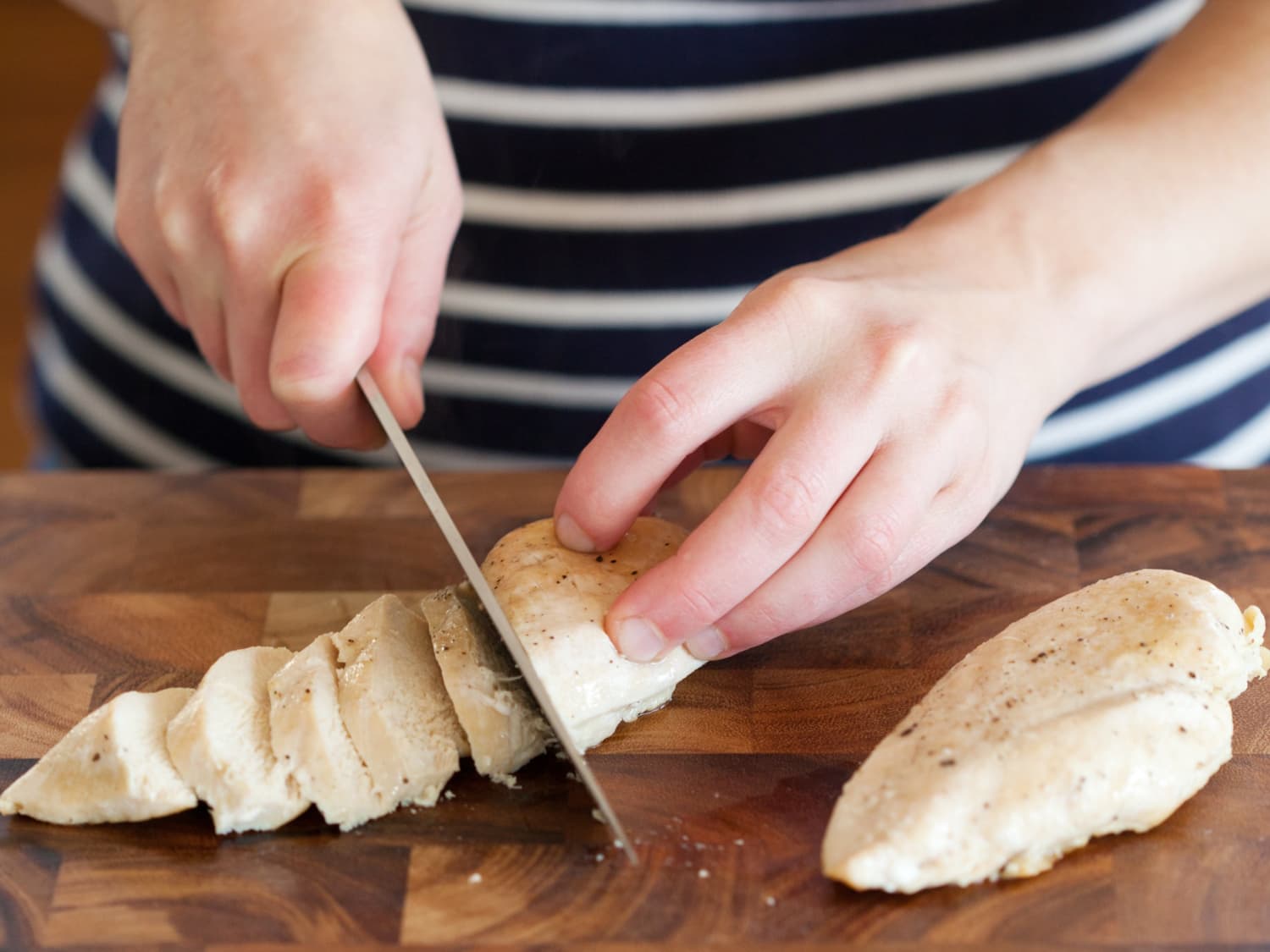
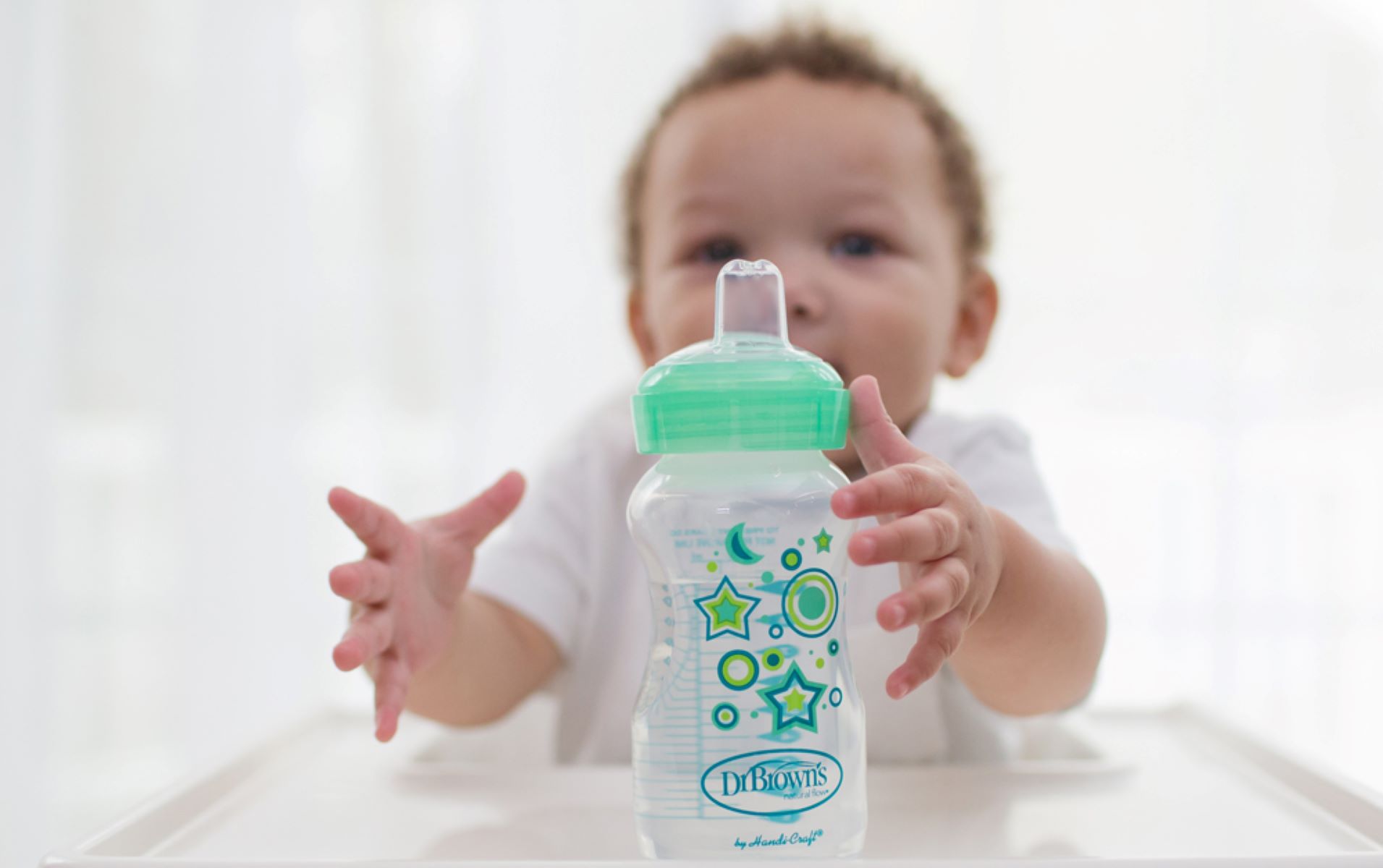
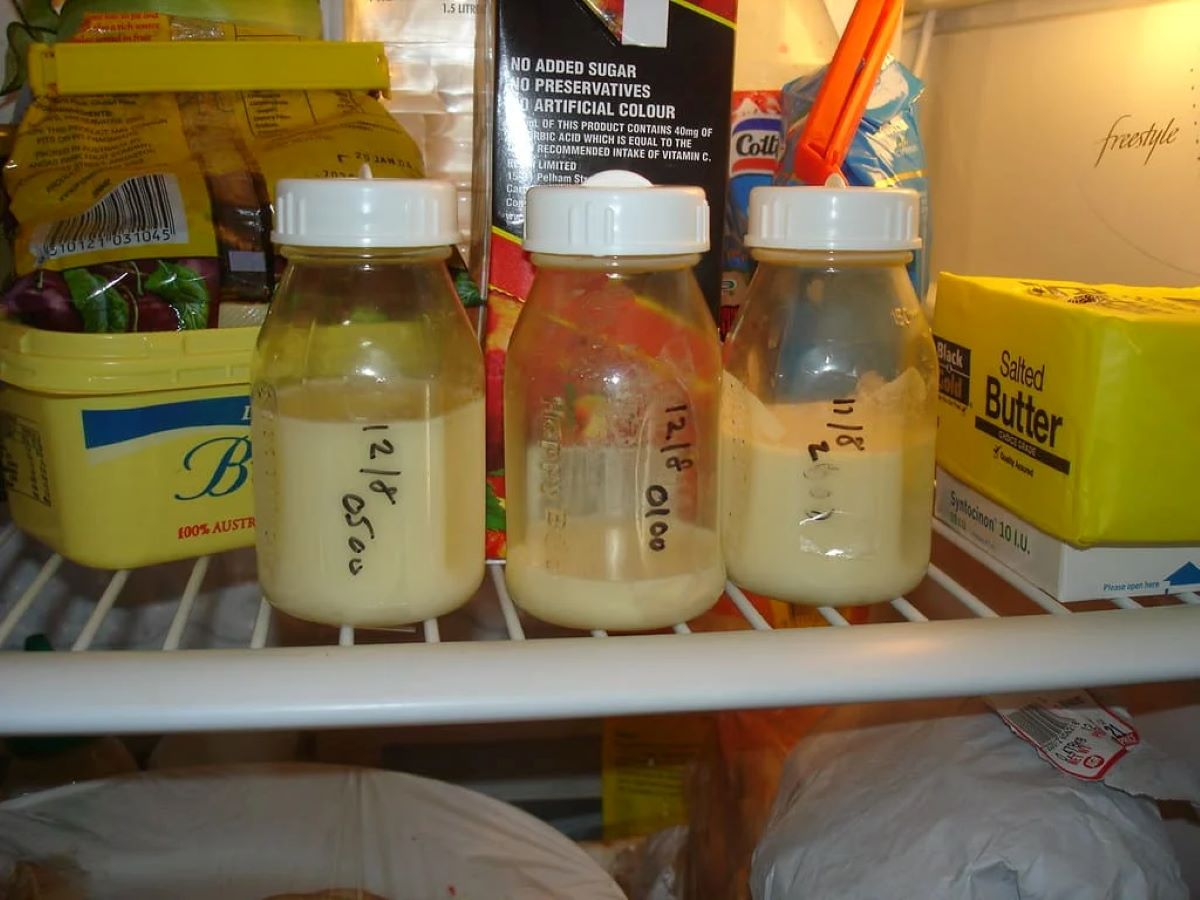

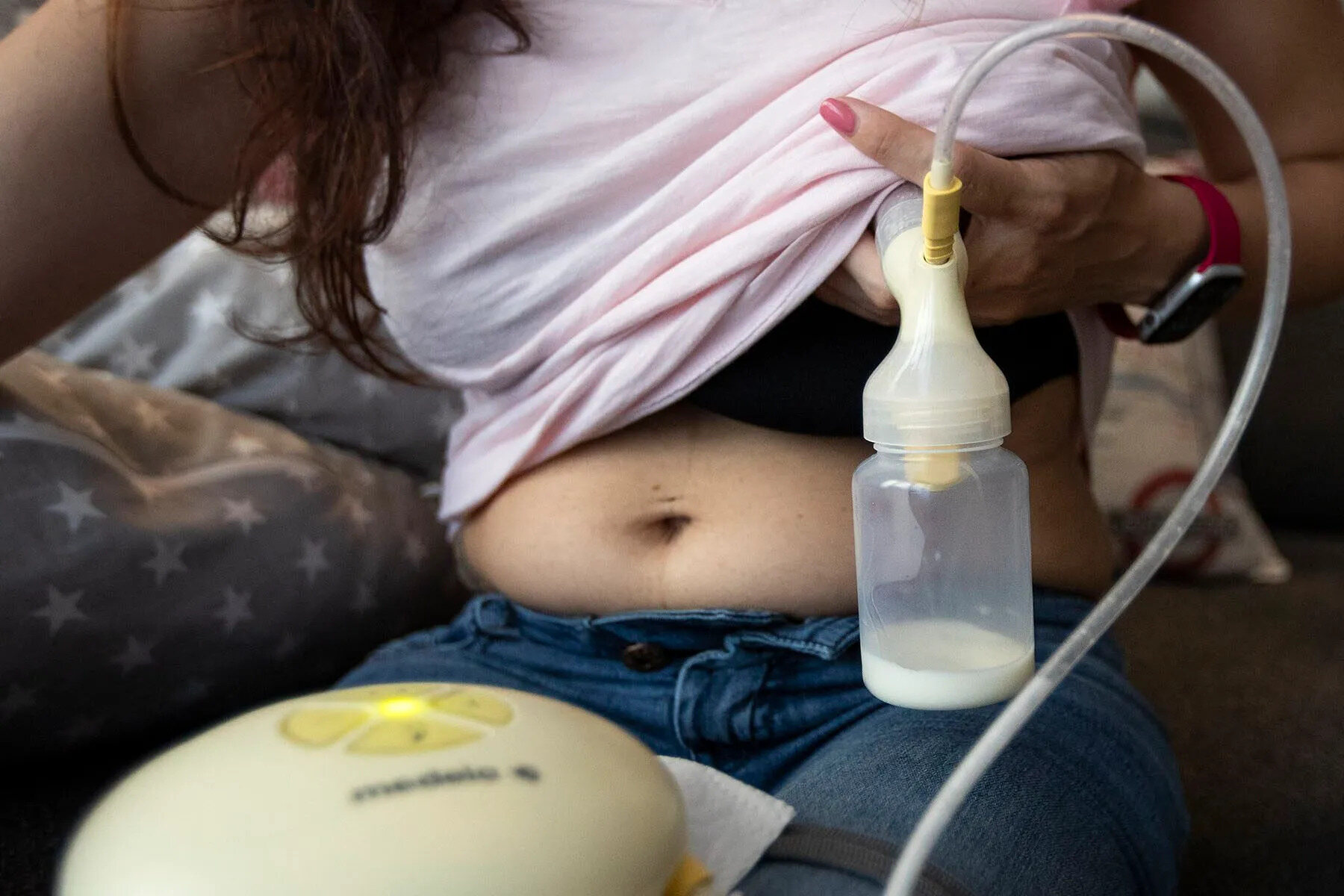



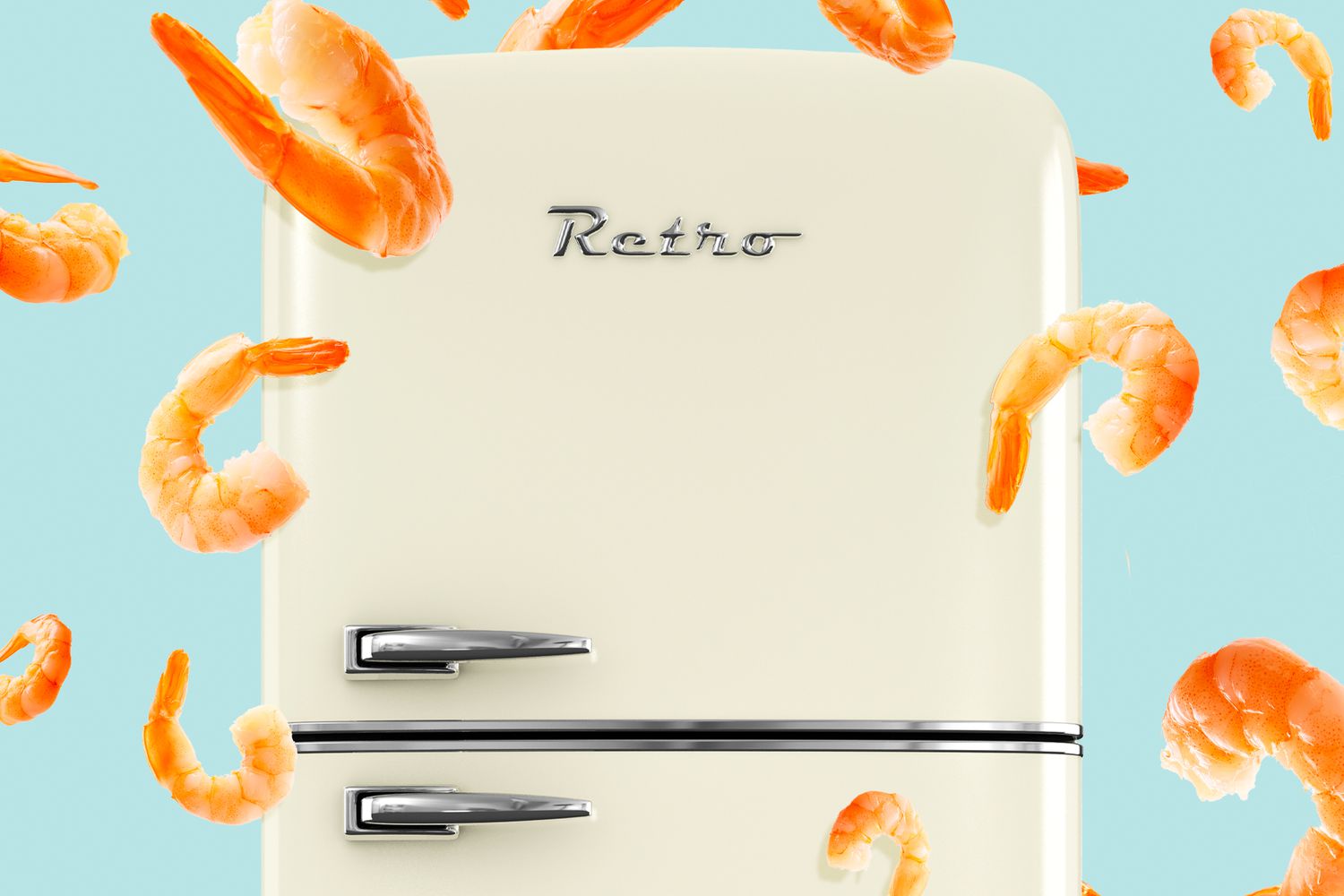



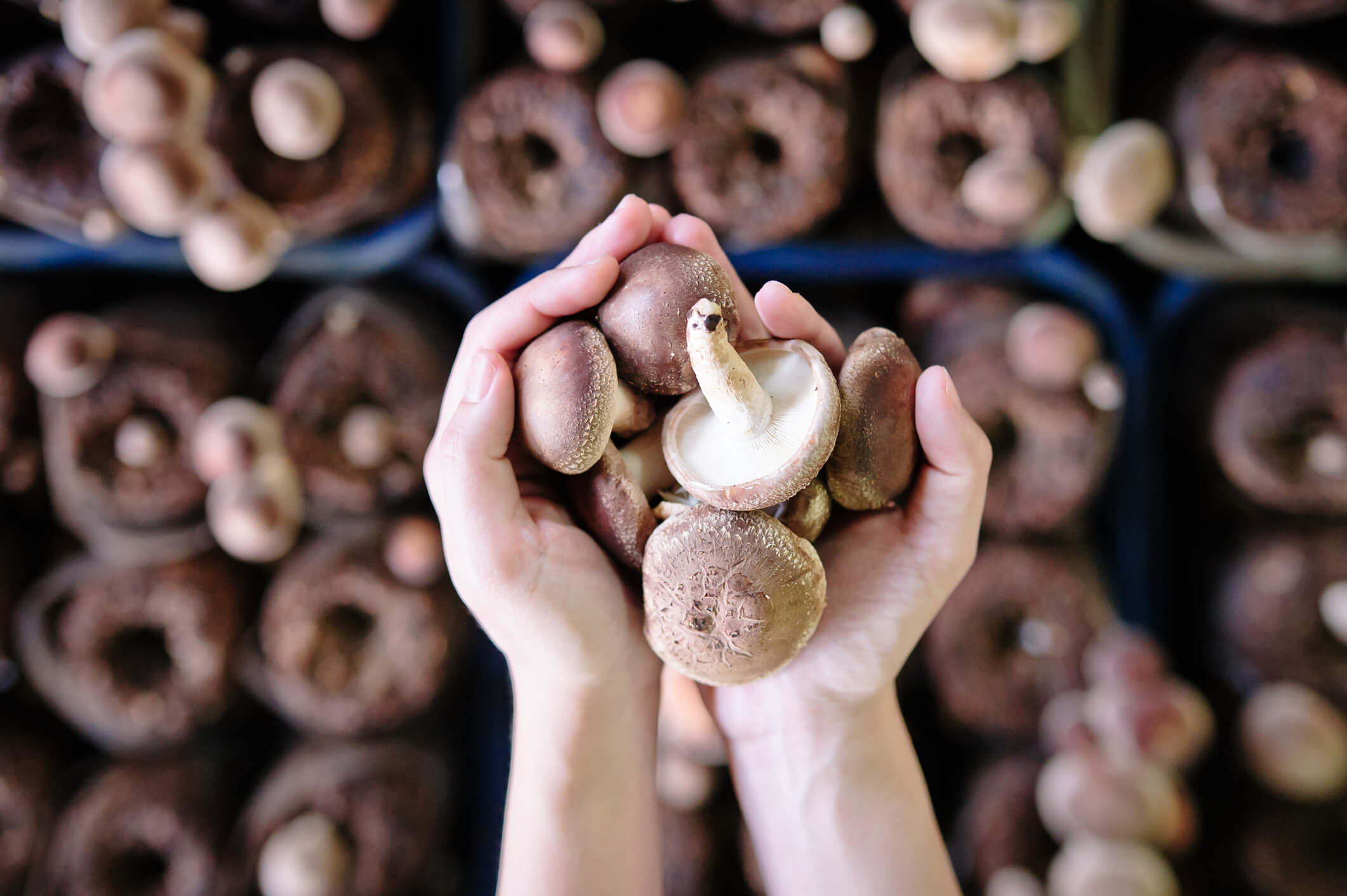
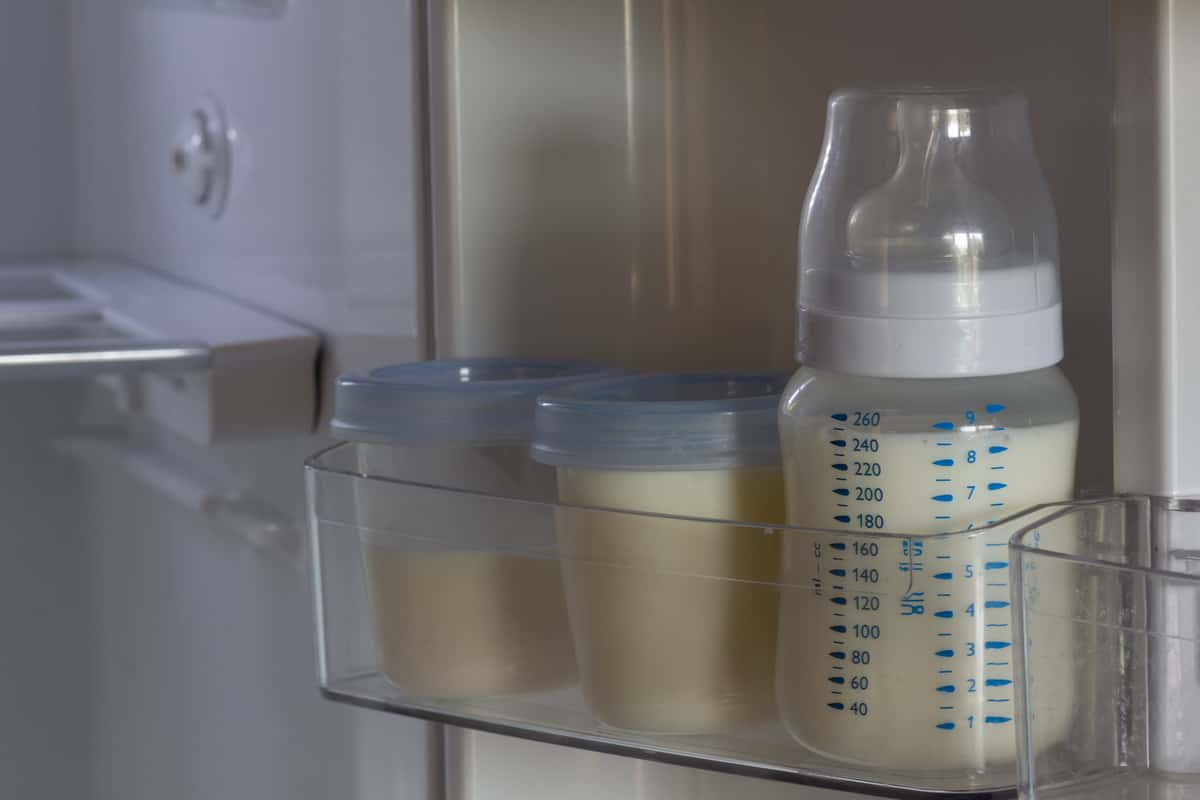

0 thoughts on “How Long Is Breast Milk Good For In The Refrigerator”